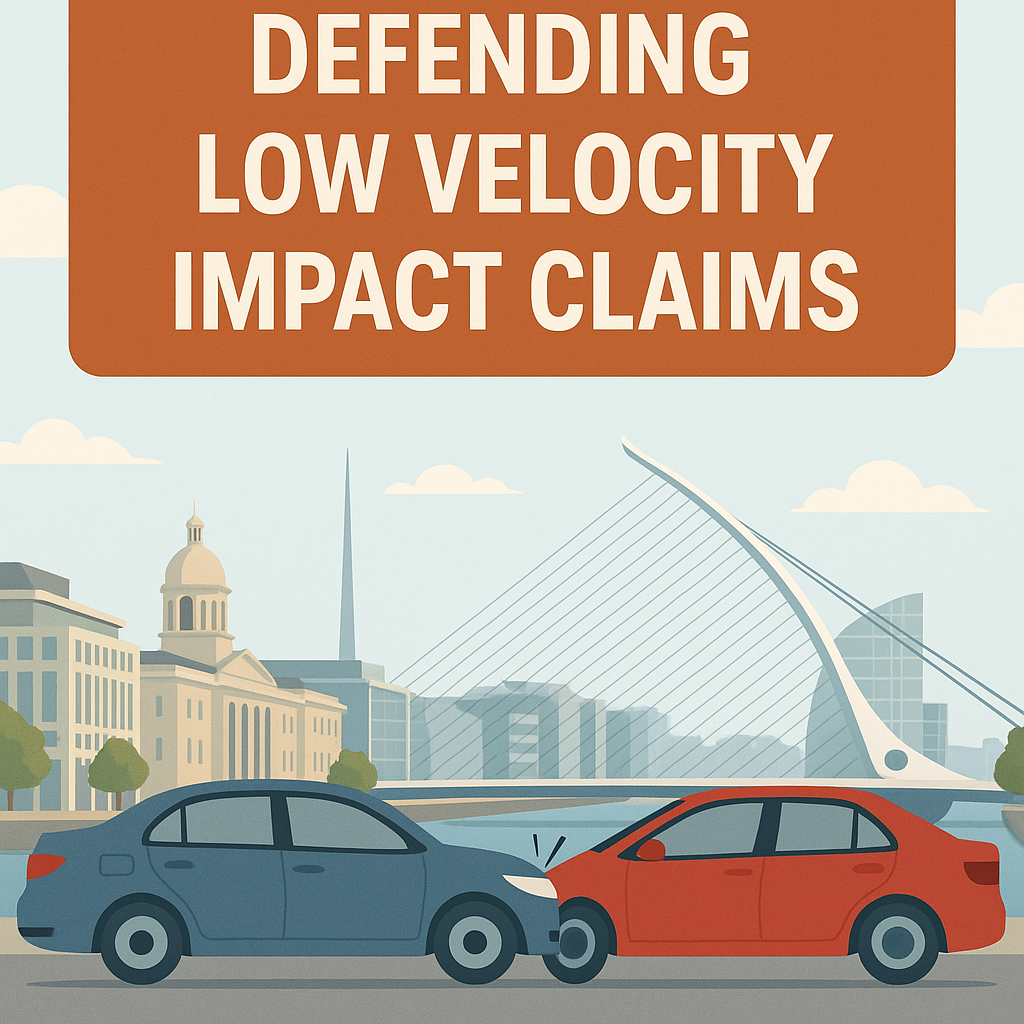Struggling with roundabouts is more common than you might think — and unfortunately, these junctions are a frequent site of road traffic accidents across Northern Ireland. At Lacey Solicitors, we regularly help clients who have suffered injury due to roundabout collisions caused by driver error, confusion, or poor signalling.
Recently, the Police Service of Northern Ireland (PSNI) has raised concerns about the increasing number of roundabout-related accidents in areas such as Maydown. Offences include incorrect lane usage, failing to signal, and turning without due care — all of which can lead to dangerous or even fatal outcomes.
If you’ve been involved in a roundabout accident, you may be entitled to compensation for your injuries and related losses.
Why Roundabouts Are High-Risk Areas for Accidents in Belfast
According to the PSNI, it is “quite evident” that many drivers in Northern Ireland struggle with the rules surrounding roundabouts. The most common causes of roundabout accidents include:
- Failing to reduce speed when approaching
- Improper or last-minute lane changes
- Distracted or aggressive driving
- Not giving way to traffic already on the roundabout
- Poor understanding of signalling rules
Recent official statistics show that speeding plays a role in around 1 in 7 road deaths in Northern Ireland — a factor often linked to roundabout crashes.
Police in Northern Ireland say it is “quite evident” that residents struggle with the rules of roundabout safety. Roundabout accidents are caused by problems like failing to slow on time, lack of preparation, lane switching, distracted drivers, and overall confusion due to the roundabout’s layout. NI Direct statistics show that speeding is a contributory factor, causing 1 in 7 of all deaths on NI roads.
Following on from these incidents in the last few weeks, Northern Irish authorities developed these guidelines to aid Joe Public in understanding road traffic laws regarding roundabouts.
Sections 184-190 of the Highway Code cover roundabouts. You can read these in greater detail at Highway Code UK.
PSNI and Highway Code Guidelines for Roundabout Safety
To help drivers stay safe, the PSNI has shared essential guidance on how to use roundabouts correctly, in line with Sections 184–190 of the UK Highway Code.
Key Roundabout Safety Rules:
- Give way to traffic already on the roundabout.
- Choose the correct lane well in advance, using road signs and lane markings.
- Use indicators when approaching and exiting the roundabout.
Unless Road Markings Say Otherwise:
- Turning left (first exit): Signal left and stay in the left-hand (outer) lane.
- Straight ahead: Do not signal on approach, but signal left to exit; stay in the left-hand lane unless otherwise directed.
- Turning right (last exit or full circle): Signal right and stay in the right-hand (inner) lane, then signal left before exiting.
Drivers who fail to follow these rules could face a £100 fixed penalty fine and three points on their licence — and may be liable for injuries caused in an accident.
Roundabout Safety: Essential Do’s and Don’ts
Avoiding a roundabout accident starts with knowing the rules and staying alert. Here are some key safety tips that can help reduce the risk of a collision — and protect your legal position if one occurs.
What You Should Do:
- Slow down on approach: Always reduce speed and prepare to give way to vehicles already on the roundabout.
- Use your mirrors: Check all mirrors before entering and exiting the roundabout to be fully aware of surrounding traffic.
- Signal clearly and in good time: Let other drivers know your intentions — both when entering and exiting.
- Stay in your lane: Choose the correct lane early and stick to it throughout your turn.
- Check your blind spots: Especially when changing lanes or exiting — motorbikes and smaller vehicles may not be visible in your mirrors.
What You Shouldn’t Do:
- Don’t overtake on the roundabout: This is dangerous and often causes side-swipe accidents.
- Don’t brake sharply without warning: Sudden stops can lead to rear-end collisions and injury claims.
- Don’t drift between lanes: Changing lanes mid-roundabout confuses other drivers and increases accident risk.
- Don’t fail to signal: Not indicating properly can result in preventable crashes and make you liable.
- Don’t assume others will follow the rules: Always drive defensively and expect the unexpected.
Involved in a Roundabout Collision? You May Be Entitled to Compensation
If you’ve been injured in a road traffic accident at a roundabout — whether as a driver, passenger, cyclist, or pedestrian — you could be eligible to bring a personal injury claim. You may be able to claim for:
- Physical and psychological injuries
- Medical treatment and rehabilitation costs
- Loss of earnings
- Damage to your vehicle or property
- Pain and suffering
Speak to Lacey Solicitors Today
At Lacey Solicitors, we specialise in car accident claims and have extensive experience dealing with road traffic collisions in Northern Ireland. Our solicitors will guide you through every step of the claims process.
If you or someone you know has been hurt in a roundabout accident in Northern Ireland, don’t delay. Contact Lacey Solicitors for expert legal advice and compassionate support.
Call us today or get in touch online for a free, no-obligation consultation.






![Finegan v. McDonald [2025] and Conflicting Expert Evidence in Personal Injury Claims in NI](https://laceysolicitors.com/wp-content/uploads/2024/04/guy-2617866-scaled-1-2048x1366-1.jpg)









